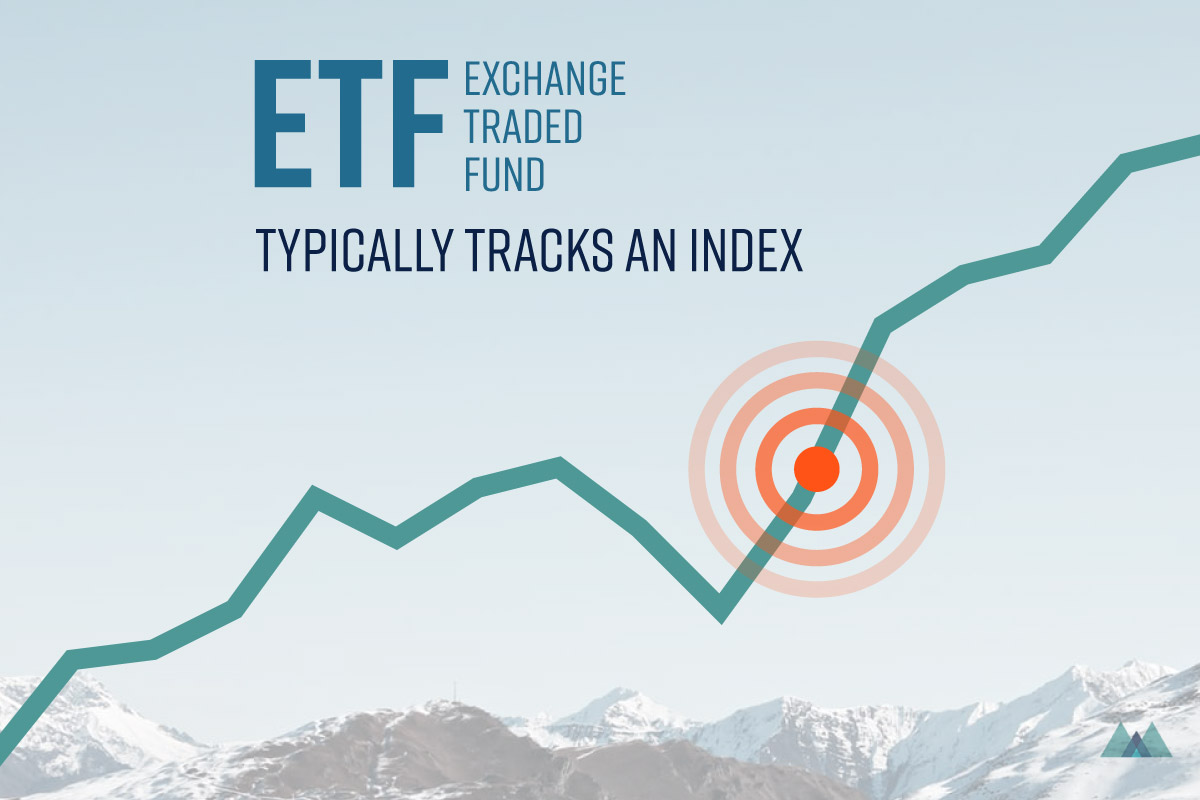What Is an ETF?
An Exchange Traded Fund (ETF) is a financial product that can provide beneficial features from both a mutual fund and a stock. An ETF typically tracks an index (stock or bond index) as an index fund does, but is not managed by fund managers. ETFs are well-diversified and professionally maintained with less cost, while it can be traded like stocks at anytime throughout the day.
Pros of ETFs
- Diversified: investors can pick an ETF that follows a broad index
- Low cost: because there is no manager actively managing the fund, Management Expense Ratio (MER) is generally lower compared to similar mutual funds.
- Accessible: investors can reach broader markets, e.g. an emerging market ETF contains investments from many emerging markets
- Flexible: ETFs allow continuous trading and pricing like stocks. Investors can buy and sell throughout the day.
- Transparent: most ETFs show their full holdings online on a daily basis while many other funds only show the top holdings monthly or quarterly
Cons of ETFs
- Trading fee: due a trading fee that is applied every time, it is expensive to trade ETFs frequently. It is better to invest in lump sums than to invest regularly (Some discount brokerages offer a selection of no-trading fee ETFs).
- Bid-Ask Spread: Some ETFs that are traded at a low volume could have a large bid-ask spread if they’re not easy to sell. The price you want to sell is the “Ask price” while someone’s offer price is the “Bid price”. The Bid-Ask spread is the gap between these two. Financial professionals work hard in the background to keep the spread small.
How an ETF Created & Managed
Usually financial institutions construct ETFs based on their rules (which index to follow, which sector to focus on, etc) and sell them through discount brokerages to individual investors. Since there is no active fund manager to pay, ETFs tend to charge less of a management fee. However, ETFs usually charge trading fees when you buy or sell.
Since ETFs are traded like stock, the price constantly changes depending on market demands. Financial professionals work in the background to get the price of an ETF (Net Asset Value) as close as possible to the actual prices of the stocks within the ETF.

Time's up

